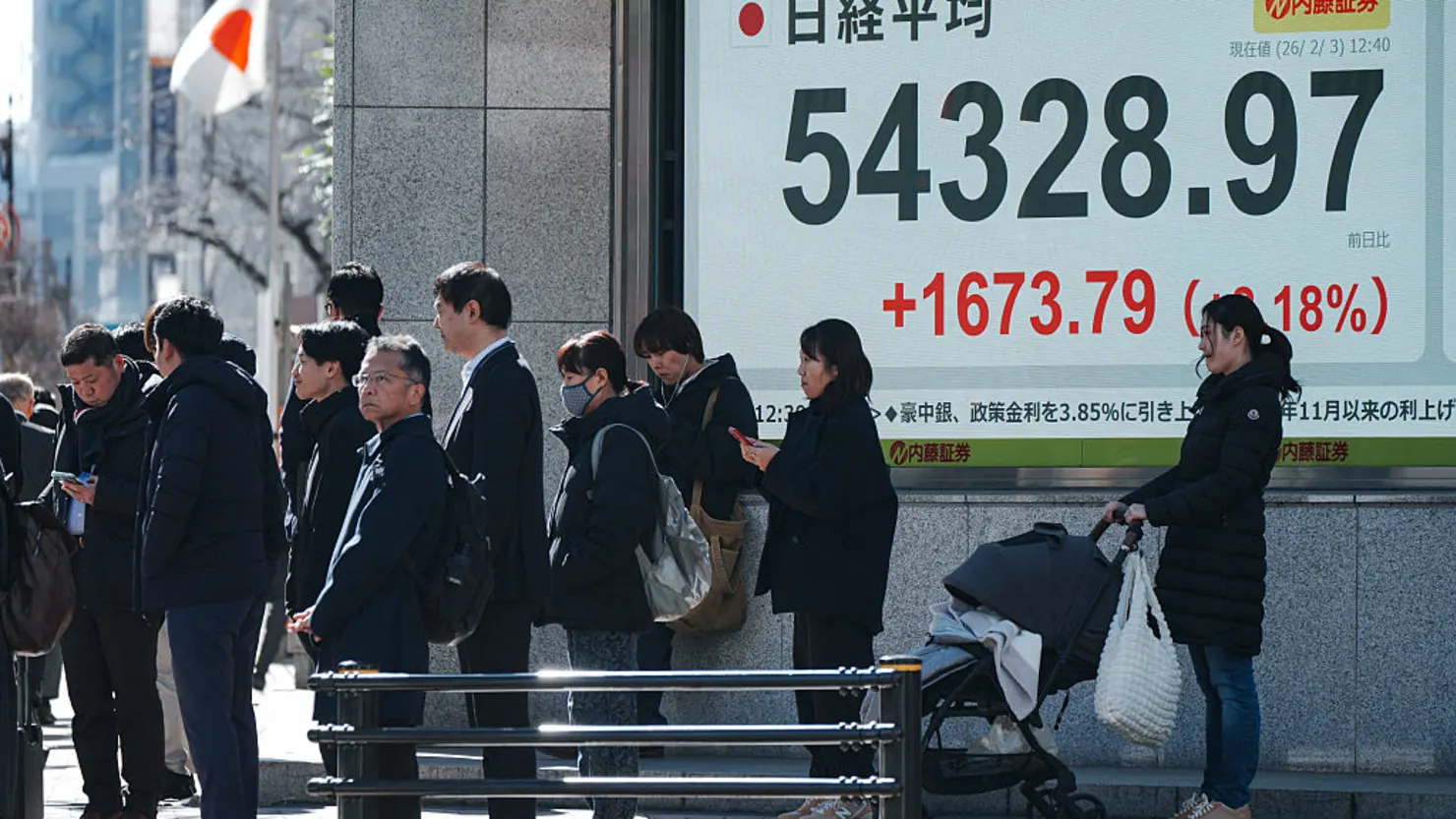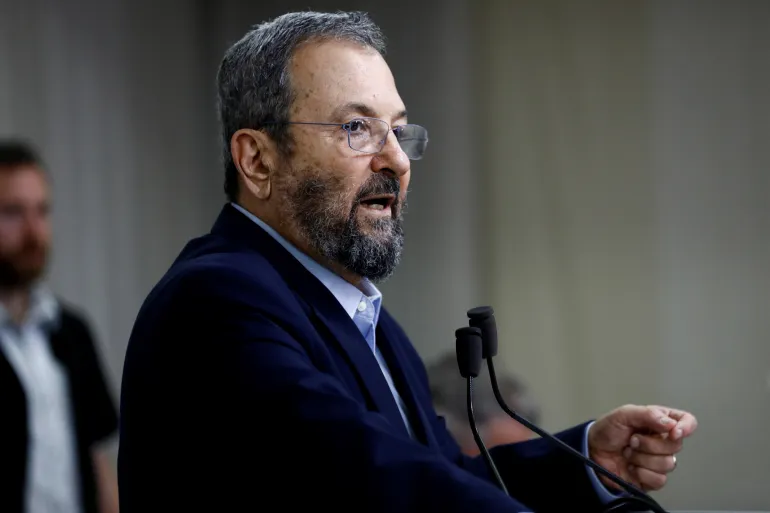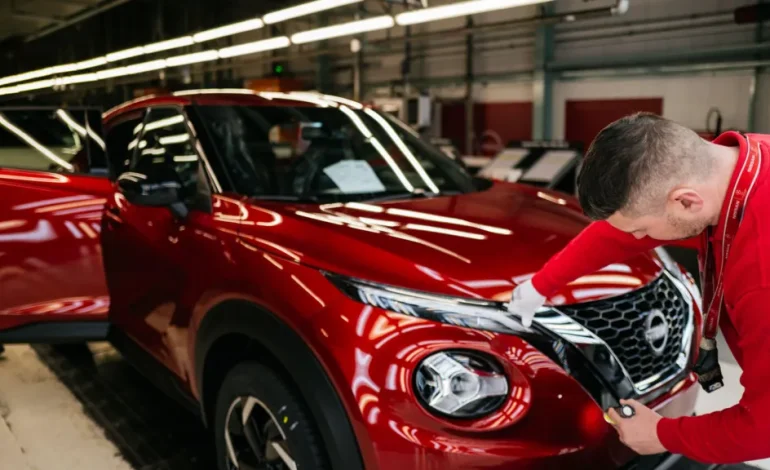Nissan Motor Co. has unveiled plans to cut an additional 11,000 jobs worldwide and shut seven factories by fiscal year 2027, as part of an intensified restructuring effort amid sluggish sales in key markets like the United States and China.
The move brings the total number of layoffs announced by the Japanese automaker over the past year to approximately 20,000, or about 15% of its global workforce.
The company currently employs around 133,500 people globally, including 6,000 workers at its Sunderland plant in the UK. It did not specify where the latest round of job reductions will occur.
Nissan will also reduce the number of its production facilities from 17 to 10. Some domestic operations are set to be suspended, with further details on which factories will be affected—either temporarily or permanently—expected in the coming months.
The announcement comes as Nissan grapples with a range of challenges, including declining demand, an aging vehicle lineup, and increased costs related to restructuring and international trade tensions. In its latest earnings report, the company withheld a profit forecast for the current fiscal year, citing continued uncertainty. Nissan reported a profit of ¥134 billion ($906 million) for the year ending March 2025, slightly below analysts’ expectations.
The restructuring signals a more assertive approach under new CEO Ivan Espinosa, who took over in April. Espinosa replaces Makoto Uchida, whose previous turnaround plan—including a cut of 9,000 jobs and a 20% reduction in production—was seen by many as insufficient to restore the company’s competitiveness.
Nissan had previously considered a merger with Honda Motor Co., a deal that could have created a $60 billion automotive group. However, those negotiations fell through earlier this year, further complicating Nissan’s efforts to find strategic partners or fresh investment. One potential alternative could be Hon Hai Precision Industry Co. (Foxconn), which has expressed interest in assembling electric vehicles for Japanese manufacturers and recently signed a deal with Mitsubishi Motors.
Meanwhile, Nissan’s plans have also been affected by external economic pressures. The company estimates a ¥450 billion impact from new US tariffs on imported cars and auto parts, part of the broader uncertainty generated by shifting US trade policies under President Donald Trump. Other Japanese automakers, including Toyota and Mazda, have also warned of significant financial impacts due to these measures.
In a sign of changing priorities, Nissan recently abandoned plans to build a battery plant in Fukuoka, choosing instead to concentrate on immediate financial recovery.










The latest news in your social feeds
Subscribe to our social media platforms to stay tuned